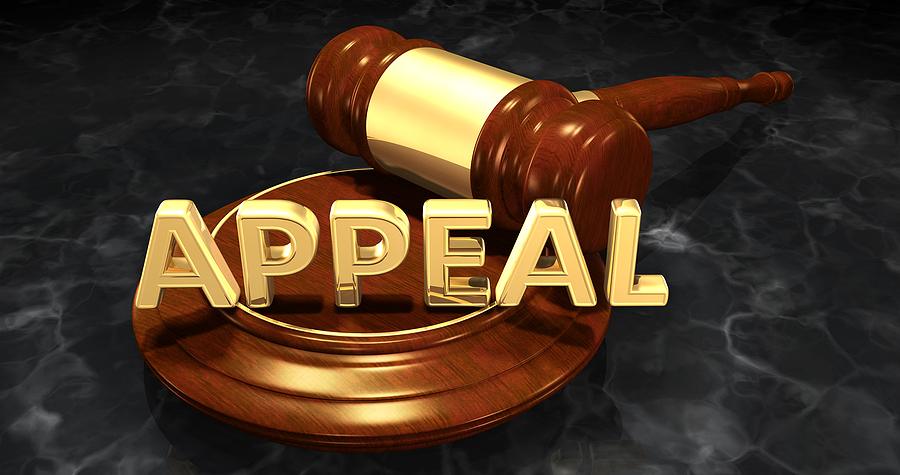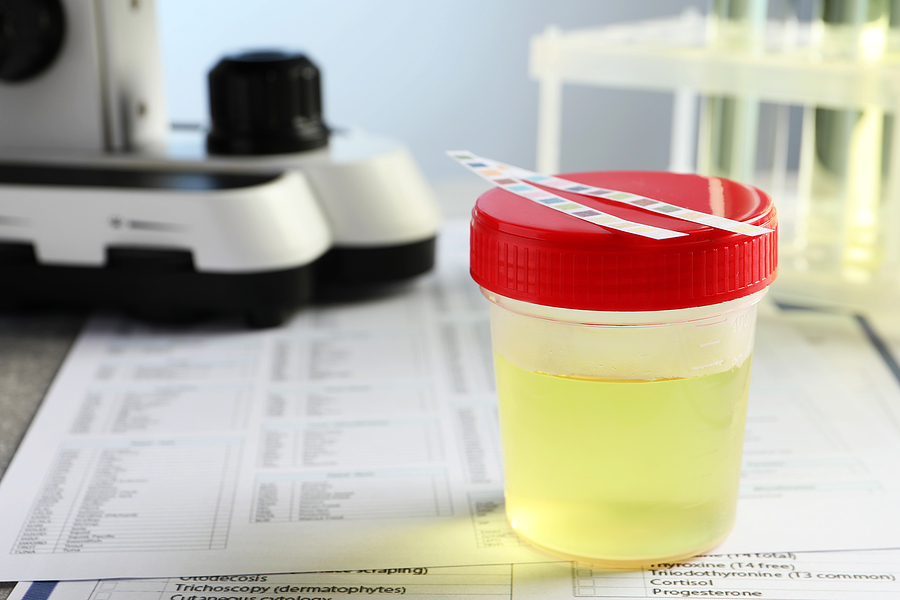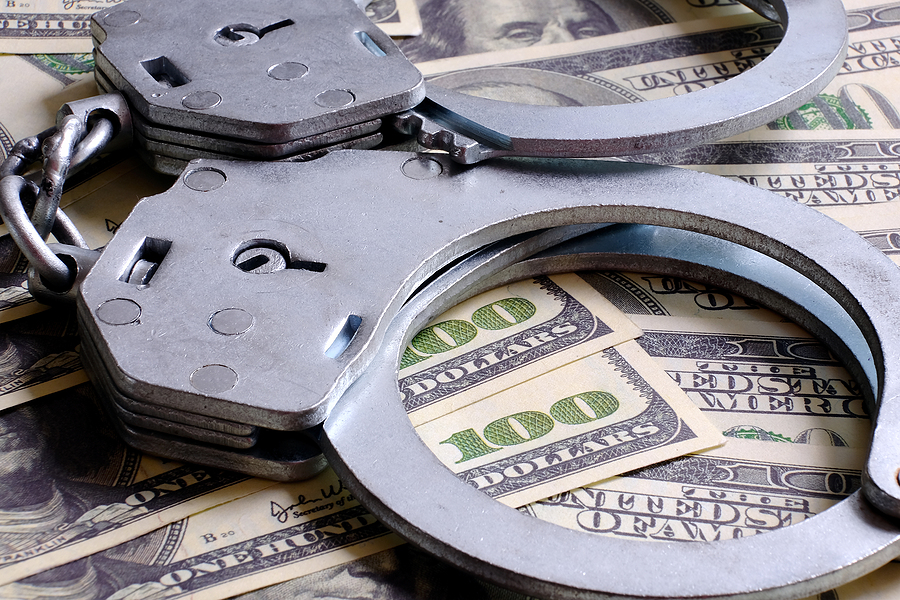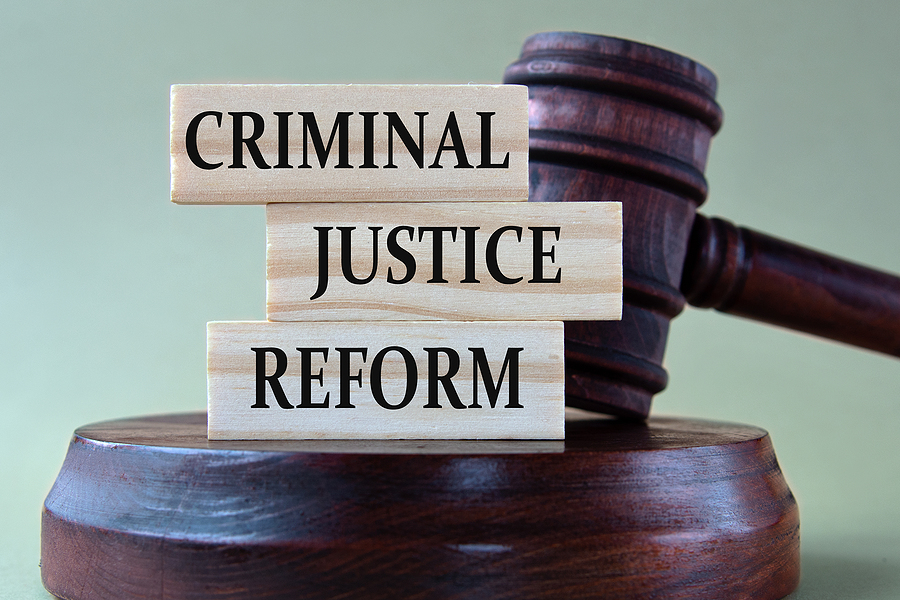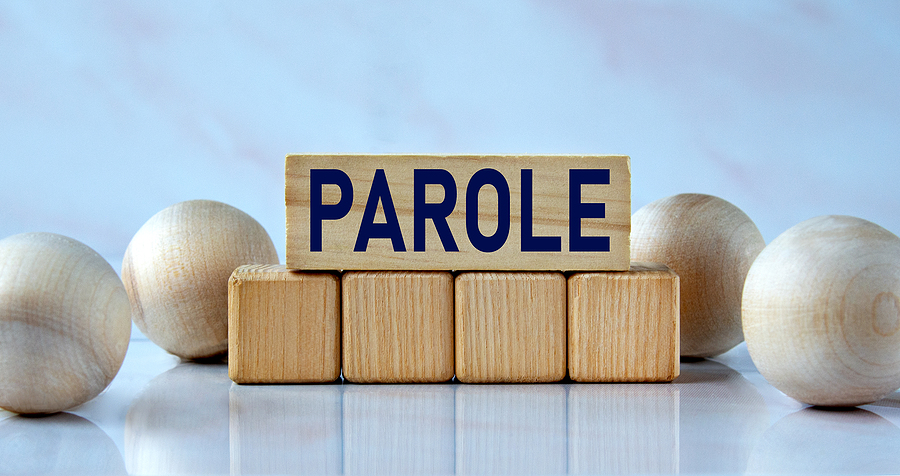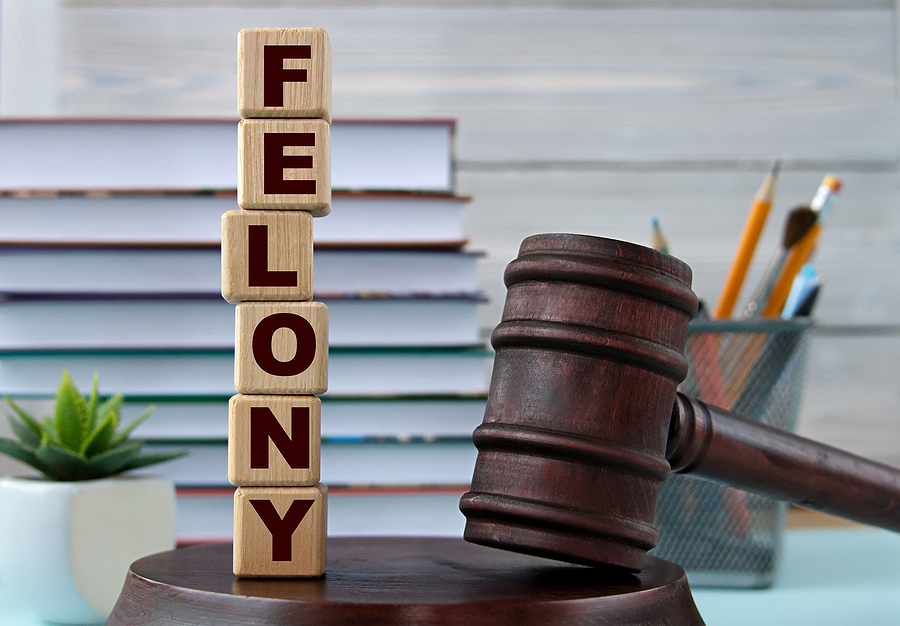If you have been arrested for drug possession in Indiana, you may be feeling overwhelmed and uncertain about what to do next. Navigating the legal system can be complicated and intimidating, but it is important to understand your rights and how to protect yourself.
In this blog post, we will provide a guide for navigating the legal system after a drug possession arrest in Indiana. We will discuss the charges that may apply under state law, potential defenses against those charges, and other considerations related to criminal defense in Indiana. With this information in hand, you can make informed decisions about your case as well as seek out professional help from an experienced attorney if needed.
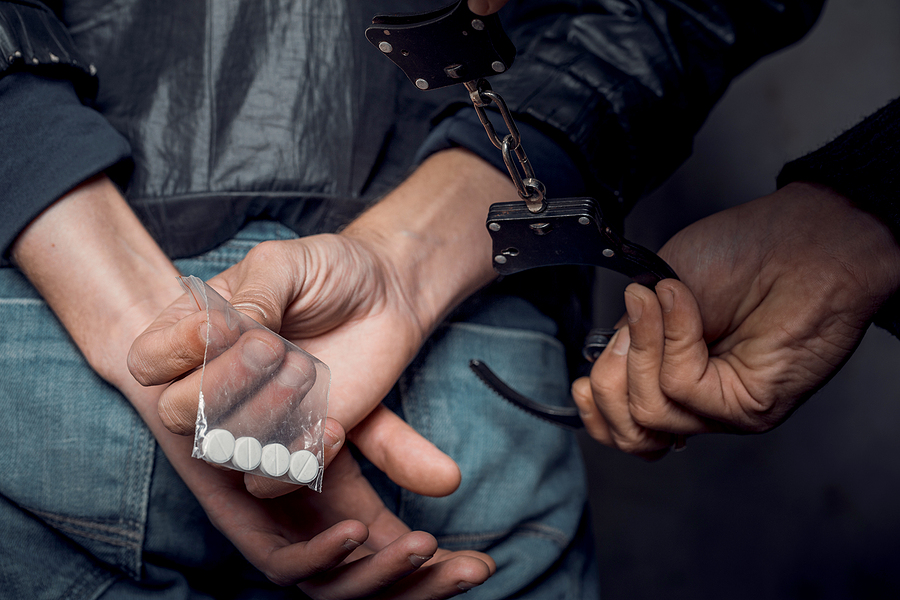
Drug Possession Laws in Indiana
Under Indiana law, a drug possession charge can refer to several different types of criminal offenses. Depending on the type and quantity of drugs involved in the arrest, you may be charged with either a felony or misdemeanor offense. If convicted of a felony, you could face serious consequences such as jail time, fines, and other penalties. Additionally, if convicted of certain drug-related offenses in Indiana, your driver’s license may also be suspended for up to two years.
Indiana Drug Schedules
Indiana Drug Schedules are an essential tool for healthcare providers and law enforcement to manage the distribution and use of controlled substances. These schedules categorize drugs on a scale (I through V) based on their potential for abuse, the likelihood of dependence, and their accepted medical use. The state of Indiana follows the federal drug scheduling system, which ranges from Schedule 1 drugs, like heroin, with no accepted medical use and a high potential for abuse, to Schedule 5 drugs, like cough syrup with codeine, which have low potential for abuse and accepted medical uses. It is important to understand the Indiana Drug Schedules to ensure safe and legal use of these controlled substances.
Possible Defenses for Drug Possession Charges
Fortunately, there are potential defenses that can help you fight these charges in court. For example, if the police conducted an unlawful search and seizure when they arrested you for drug possession, this evidence may not be admissible in court and could result in the dismissal of your charges. Additionally, if you have a valid prescription for the drugs in question, you may be able to use this as a defense against the charges.
It is also important to understand that all drug possession cases are unique and require careful analysis by an experienced criminal defense attorney. An attorney can review the facts of your case, provide advice on potential legal strategies for defending yourself, and ensure that your rights are fully protected throughout the process. In many cases, a lawyer can also help negotiate with prosecutors to reduce or dismiss the charges against you.
In Summary
By understanding your rights and familiarizing yourself with the legal system after a drug possession arrest in Indiana, you will be better equipped to make informed decisions about your case. If you find yourself facing a drug possession charge in Indiana, seek legal advice from an experienced criminal defense attorney right away. With their help, you can better understand the charges against you and make informed decisions about your case.
We hope this guide helps you traverse the legal system after a drug possession arrest in Indiana. If you have any questions or need further assistance, contact the Law Office of David E. Lewis at 317-636-7514 to schedule a no-obligation consultation with an experienced criminal defense lawyer in Indianapolis. We can get you the best possible outcome in court for drug possession charges and more. Act now while there is still time to build a strong case!
Related Posts:
The Penalties for Prescription Drug Criminal Charges in Indiana
Can I Get Arrested For My Friend’s Drugs?
Where to Get Information About Indiana Drug Schedules and Categories

